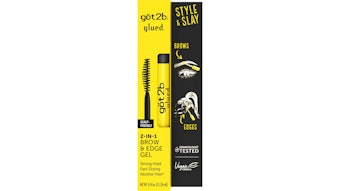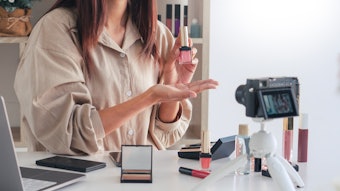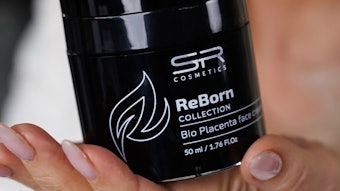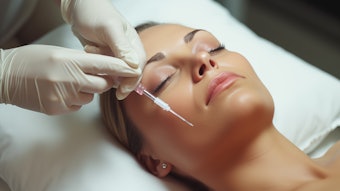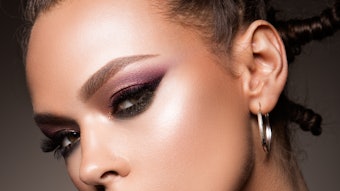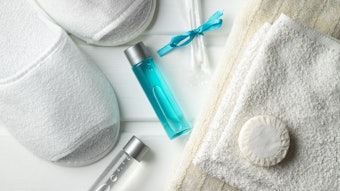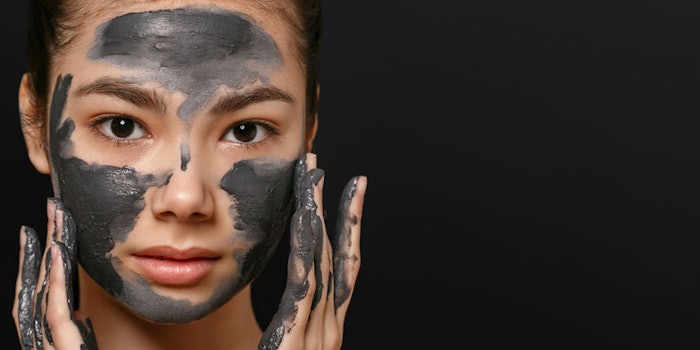
Trends come and go, but your client’s skin stays with them for a lifetime. While some trends like glass skin or yoga skin are seemingly harmless, other trends can be damaging your client’s skin. Educating your clients on the dos and don’ts of skin care, especially proper home care, is the job of every esthetician. This includes educating them to be wary of the latest skin care fad before they do serious damage to their skin.
1. DIY Skin Care
This is the perfect opportunity to make sure your clients are consulting with you first. Some DIY skin care trends, like DIY charcoal masks, could be causing your client's skin much more harm than good.
Remind your clients that instead of trying to pull dirt out of their skin with an at-home mask using glue, there are professional products that work much better to help them with this problem. Not only does this boost your chance to sell your clients great retail, but it will also hopefully prevent any skin harms that could come.
Some specific DIY skin care treatments to watch out for are:1
- Apple cider vinegar toner. When not diluted properly, the acid in the vinegar can burn the skin, particularly sensitive skin.
- Sea salt scrub. The intensity of the sea salt can be overly aggressive when exfoliating the skin in the form of a scrub. It can also be drying to the skin.
- Glue and charcoal masks. This is one of the most popular that are seen on Instagram. The truth is that it is not proven to be effective or safe for the skin.
- Egg whites. Some clients may be using this to try and rid their skin of acne, while providing anti-aging benefits. The results aren't proven and the possibility that the egg may have salmonella makes it dangerous to put on the skin.
2. Essential Oils
When it comes to aromatherapy, essential oils are a fantastic option. However, when it comes to putting these oils directly on the skin, that may not be as safe for your client to do. Many times oils like lavender or tea tree may be found in skin care products that your client is using, so they could think it's safe to apply the oil directly to their skin. However, applying undiluted oil to the skin is a whole different story.
Unless the essential oils are stored in ideal conditions, do not come in contact with any light or oxygen and are not contaminated in any way, they could cause irritate the skin.1 Again, it is just very important to educate your client on the benefits of essential oils and the proper way to use them.
3. 10-step Skin Care Routines
This one may sound a little odd, but it comes back to proper education. If your client doesn't understand the proper order to apply products, they could end up clogging their skin more than clearing it.2
If you have a client that is all about the 10-step routine, it would be beneficial to make sure they understand exactly what to use and in what order and why. However, don't be afraid to really sell your client on a few skin-changing products. Like always, keep it sweet and simple.
4. Coconut Oil on Everything
Natural oils can be great for the skin, but natural oils straight from your clients' pantry may not work as well. Coconut oil, in particular, has seemingly become a holy grail item with "skin care gurus" on social media platforms. However, this ingredient can clog pores an oftentimes leave the skin feeling greasy when used in place of a moisturizer.1 Be sure to also have your clients be wary of natural oils that may contain fragrances in them because that can irritate sensitive skin.3
5. DIY Eyelash Serums
Another DIY craze that has surfaced recently is creating your own eyelash and eyebrow serums. The eye area is very delicate and can be easily irritated, so when it doubt it is best to recommend an eyelash or eyebrow serum that you trust to your clients. Trying to create their own may not even work to strengthen and lengthen their lashes, and it could end up doing more harm than good.4
In short, it is best to keep yourself and your clients on skin care trends that are surfacing so you can weed out which ones work and which ones should be avoided.
References
